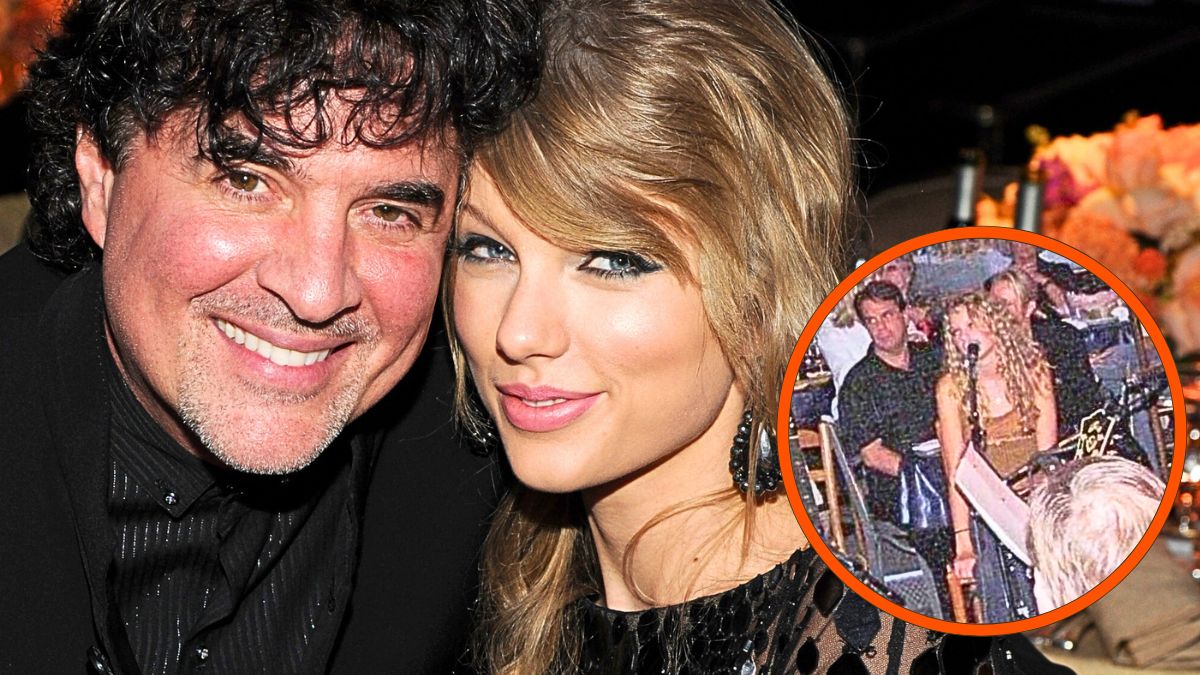Sunday, Nov. 3, marked 20 years since Big Machine Records founder Scott Borchetta met a 14-year-old Taylor Swift. The music mogul decided to celebrate the occasion despite his shaky relationship with the pop star, and her fans weren’t too pleased.
Borchetta started his homage, which he posted to his Instagram page, by referring to the Beatles’ 1987 documentary It Was Twenty Years Ago Today, saying the association between the legendary English rock band and Swift isn’t “too far off the mark.” The praise didn’t end there as the record executive remembered a day that “changed both of [their] lives,” and proclaimed his pride in the “art and the work [Swift, whom he refers to simply as “T,”] did while [they] were together.”
Why Taylor Swift may not feel as warmly toward Scott Borchetta as he does toward her
The same art and work mentioned by Borchetta in his post became the focus of a heated, public dispute in 2019 between the man who discovered Swift and the artist who would turn his local-sized label into a massive music industry player. When Swift joined Big Machine Records in 2005, shortly after the fateful performance pictured in Borchetta’s post, she, like many artists, signed away the ownership of the masters of her first six albums.
The musician tried to buy them when her contract expired in 2018 but, according to a statement she released a year later, was only ever offered a deal that would force her to “‘earn’ one album back at a time, one for every new one [she] turned in.” If that hadn’t harmed her relationship with Borchetta enough, then it was basically severed when, in 2019, he decided to sell Big Machine, along with the rights to all of Swift’s music, to Scooter Braun, a man who had played a hand in Kanye West and Kim Kardashian’s takedown of Swift in 2016. Swift called this outcome her “worst case scenario.”
It makes sense, then, why Swifties didn’t take too kindly to the 62-year-old’s sugar-coated, white-washing attempt which, to make matters worse, was liked by Braun. “STAY AWAY FROM HER,” one fan shouted, with another displaying pristine gif usage abilities. Thank you, Will Smith.
“He can f— right off with his fake sentiment. 20 years ago, he took advantage of a young girl who didn’t know any better, so he could rob her when she got successful,” a third Swiftie expressed, referring to the exploitative contract Swift was offered as a teenager. Many were outraged on the singer’s behalf, saying “Taylor is much classier than I am bc u [sic] would see me on the news and not for good reason.”
Borchetta finished his dedication by saying he was equally proud of the work Swift is doing now. “Keep crushing it,” he toasted, virtually. It’s hard to look past the irony of these words considering the artist’s recent earth-shattering success is intrinsically tied to her effort of remaking and republishing the six albums Borchetta sold away. After the dispute, the music industry and public opinion sided predominantly with Swift. Now favored by the masses, her remasters, which she aptly titled “Taylor’s Version,” catapulted her back catalog to heights previously untapped as audiences and critics alike got to rediscover her work.
Though fans hoped the success of the “Taylor’s Version” albums would reduce the value of Swift’s old masters, an investigation by Music Business Worldwide suggested that the singer’s universal popularity has benefitted not just herself, but Borchetta, Braun, and the current owners of her first six albums, the Disney family’s investment firm, Shamrock Holdings.
Borchetta hadn’t addressed Swift this publicly for years, and the singer has yet to acknowledge the post. Could this be the start of a “Bury the Hatchet” Era for the global superstar and the music executive?
